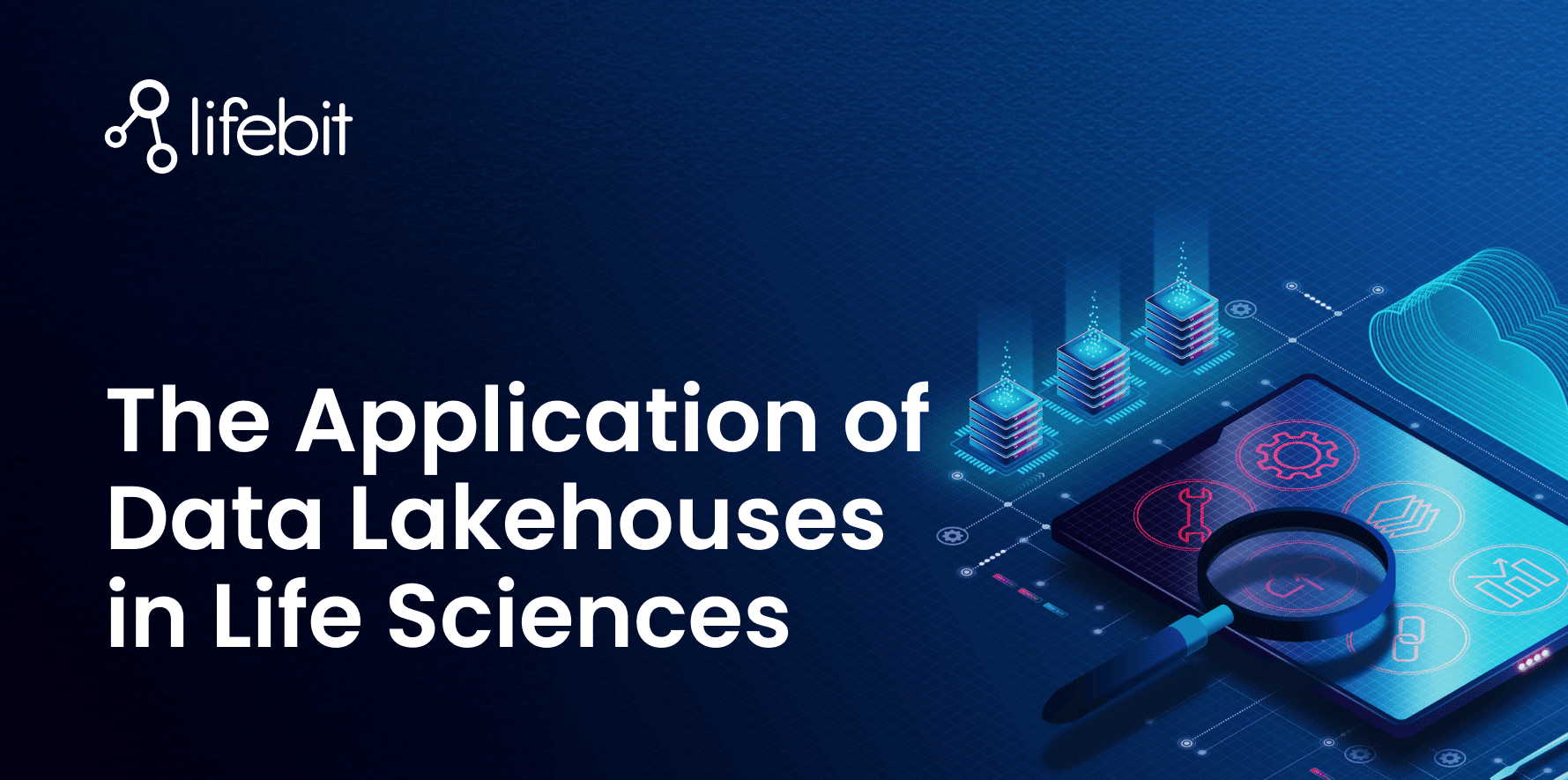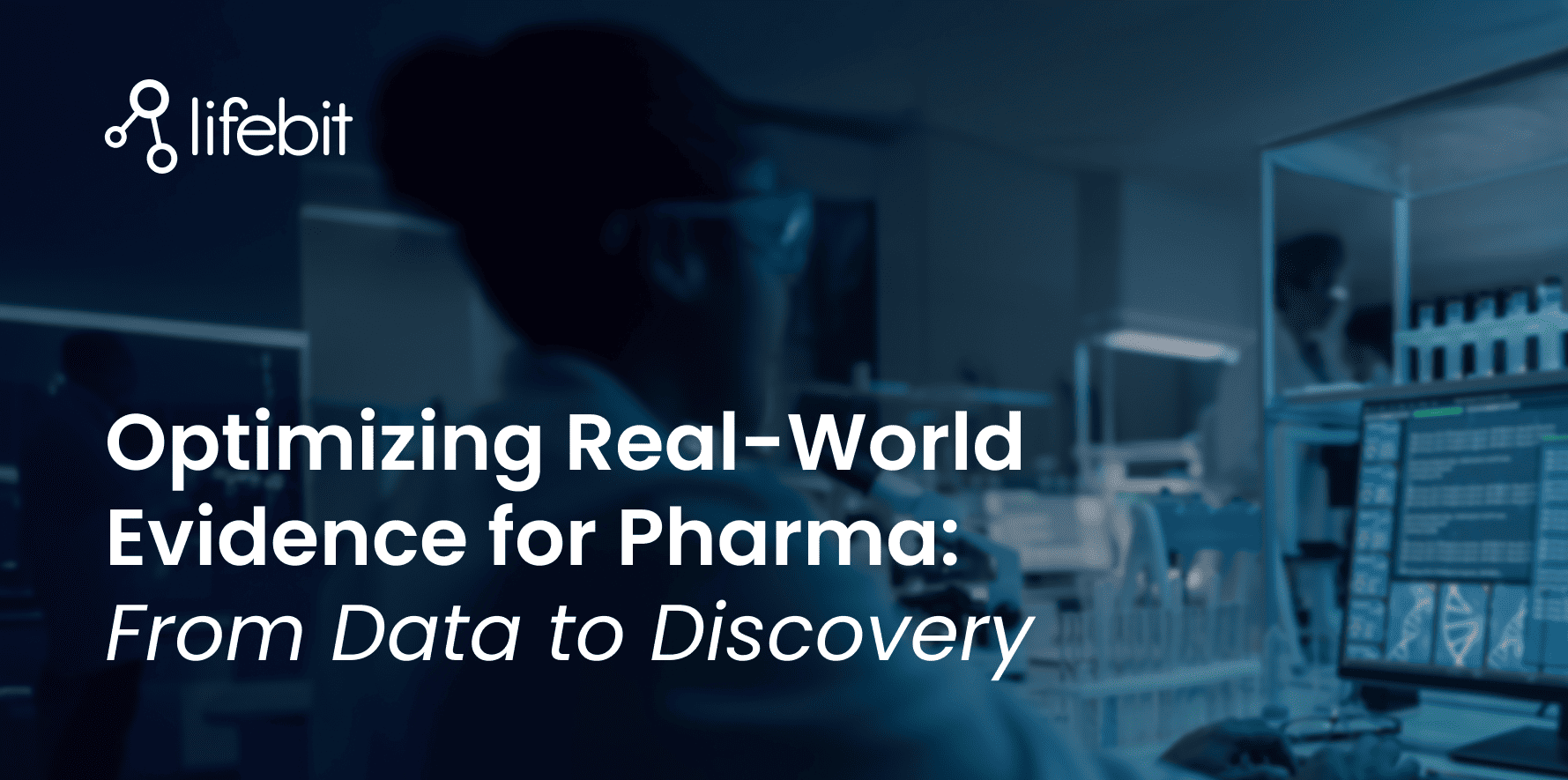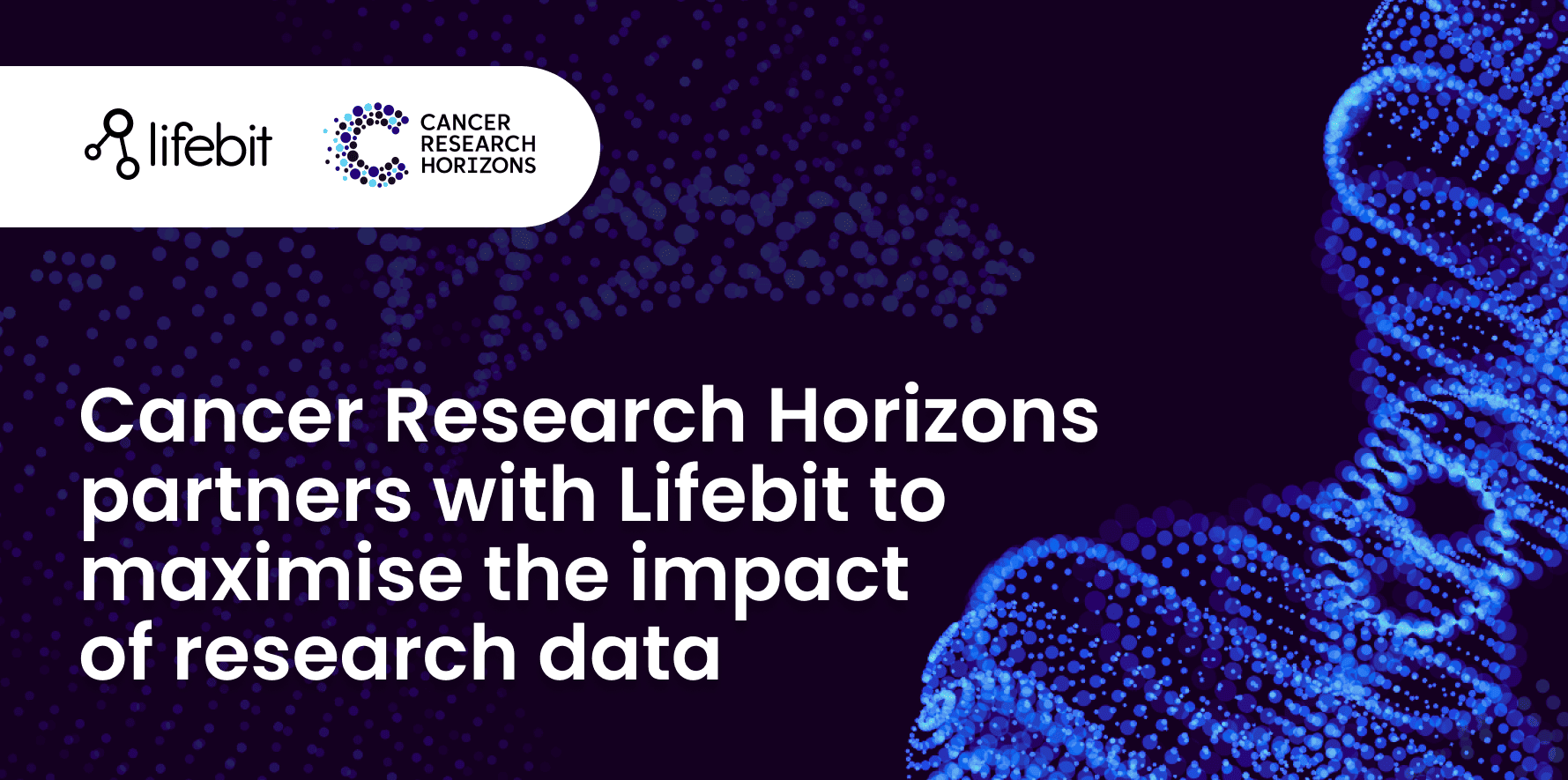

Four key benefits of using patient registries to progress rare disease insights
Lifebit
February 2024
Author: Hannah Gaimster, PhD
Contributors: Amanda White
This article explores the benefits of using patient registries to progress rare disease insights. These patient databases serve as centralized repositories that collate both clinical and demographic data. They can bring four key benefits to rare disease research, which are:
- powering research by increasing sample sizes,
- setting up secure patient tracking,
- enabling researchers to draw meaningful insights by collaborating and analyzing aggregated data and,
- ultimately, this can help to improve patient outcomes.

1. Overcoming the research limitations posed by small patient populations through the secure aggregation of data
Despite impacting many people worldwide, rare conditions are, by definition, uncommon within the general population. Therefore, to maximize and validate insights from disease data, researchers critically need access to multiple large-scale cohorts of clinical-genomic data that are often gathered and stored in different places.
Patient registries are used in rare disease research because they allow researchers to connect and access data from a more extensive and diverse range of individuals, which can be difficult to do through traditional methods. Moreover, patient registries contribute to the establishment of more robust study populations, thereby enhancing statistical power and generalizability of findings in rare disease research.
2. Enabling safe patient health tracking and healthcare analytics
One of the main benefits of patient registries in rare disease research is the ability to track the health of patients over time. This longitudinal data can provide valuable insights into the progression of a disease and the effectiveness of different treatments. By analyzing this data, healthcare professionals can identify patterns and trends that can inform future treatment plans and improve patient outcomes.
Patient registries also allow for the use of healthcare analytics, which involves the use of data and statistical methods to improve healthcare delivery. By analyzing data from patient registries, researchers can identify gaps in care, areas for improvement, and potential risk factors for rare diseases.
3. Enhanced collaboration and knowledge sharing
Patient registries also promote collaboration and safe knowledge sharing among researchers and healthcare professionals- a crucial aspect of evidence based medicine. By securely pooling data from multiple registries, researchers can gain a more comprehensive understanding of a rare disease and its impact on patients. This collaboration can lead to the development of new treatments and interventions, as well as a better understanding of the underlying causes of rare diseases.
4. Improved Patient Care
Ultimately, the use of patient registries can lead to improved patient care. By tracking patients over time and analyzing aggregate data securely, healthcare professionals can identify the most effective treatments and interventions for rare diseases. This can lead to better outcomes for patients and a better quality of life.
Summary
In conclusion, patient registries are a valuable tool for progressing rare disease insights. By tracking patients over time, promoting collaboration, and improving patient care, patient registries are helping to shed light on rare diseases and improve the lives of those affected by them.
About Lifebit
Bring your health data to life with our end-to-end data management suite. Make your organization's data usable, securely accessible and impactful to accelerate research and ultimately improve patient outcomes.
Book a demo Contact us
Featured news and events

2025-03-26 11:17:46

2025-03-14 15:45:18

2025-03-05 12:49:53

2025-02-27 10:00:00

2025-02-19 13:30:24

2025-02-11 08:39:49

2025-01-30 12:47:38

2025-01-28 08:00:00

2025-01-23 09:07:20

2025-01-08 13:58:41

.png)